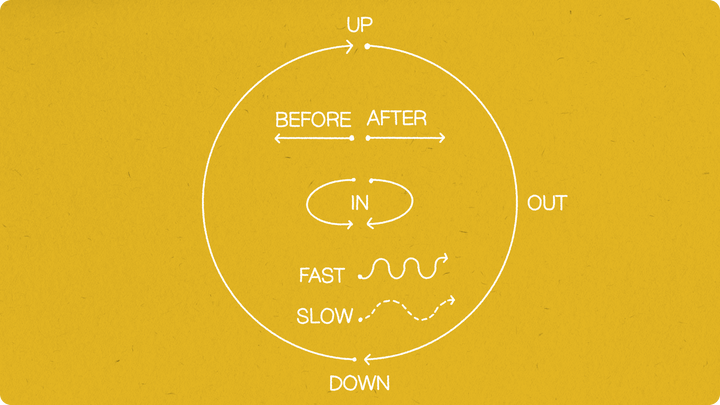The Word Meraki Shouldn’t Exist
What happens when we put a word on "doing things with love"?

My family and I have recently fallen in love with the word meraki, which means ''to do things with love". We had to find a name for our parents' new business so we were looking up Greek words and that one really stuck with us. Since learning about the existence of that word, we've been noticing when people or businesses act in a meraki way. And even more so when they don't.

Now that I think of it, I feel like this word shouldn't exist. Or rather, it shouldn't have to exist. The concept it represents is lovely, but there shouldn't have to be a term for it. There shouldn't have to be reasons strong enough for us to do things without 'heart', or 'soul'. All of our activities should always inherently be done with love.
Living in a society forces us to do things for money, or for others, or to save face. With its imprints on all fascets of our lives, the system forces causal mechanisms upon us that provide default —or extrinsic— reasons to do things.
But then again, it's not just about the reason. Because of course, we've always had somewhat external reasons guiding our actions; like safety and hunger and survival and shelter. Meraki rather happens in the how, in the act of doing itself. And then, whatever reason is guiding our actions, we end up doing them in non-meraki ways driven by systemic causes like time, money, social pressure. It's like the system removes the possibility, or rather the probability for soul and love to infuse themselves in multiple daily touchpoints. Again, creating a distance between love and ways for it to be embodied in actions and thus touch human hearts.
What prevents us from doing things with love is having no time, or no money, or no choice but to do them anyway but quick or cheap.
So I think the word for doing things with love, having a dedicated term to identify this as an entity, as if it had to be defined, or compared against other options, is sort of saddening.
Having a word for it means it's distinct enough to have to be labelled. Having a word for it means it's not the default, the built-in, inherent thing. Having a word for it also somewhat creates distance between it and us. It can now live in a neat little box, and we get to pick it sometimes, and some other times pick the other option, or the other.
Having a word for it means it can now have an antonym.
Having a word for it means it has a set definition, limiting its potential.
Having a word for it means — but wait, what possible things that we know of don't have a word for them?
Do we know of things solely because they have a word for us to identify them with?
This is the thing with untranslatable words. The concepts I don't know the word for in French or English probably have a word for them in a foreign language and what I do is use an expression, a group of words, to identify them. Like forest-bathing has a japanese word; shinrin-yoku. Or that cozy homely feeling of hygge for the Danish. Or the Guinness record holder for most succint word, Mamihlapinatapai which basically refers to that look between two lovers too shy to make the first move.
All these things are still describable using multiple words —which is a quirk of language in itself— but having a single word, like merkai, means even more. As if it needed to be a 'thing', an 'entity', a pointable object, separate from just reality, or being.



